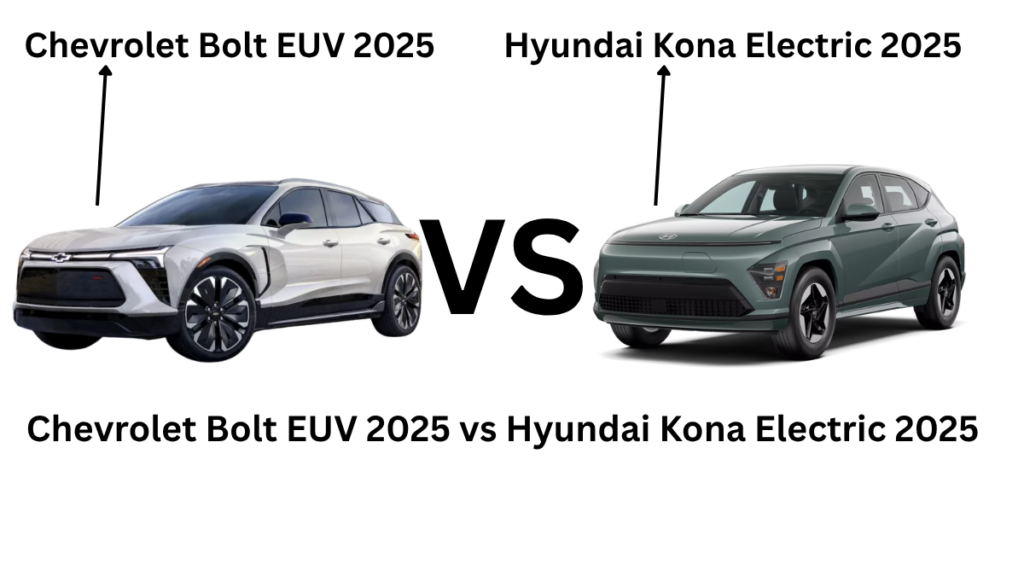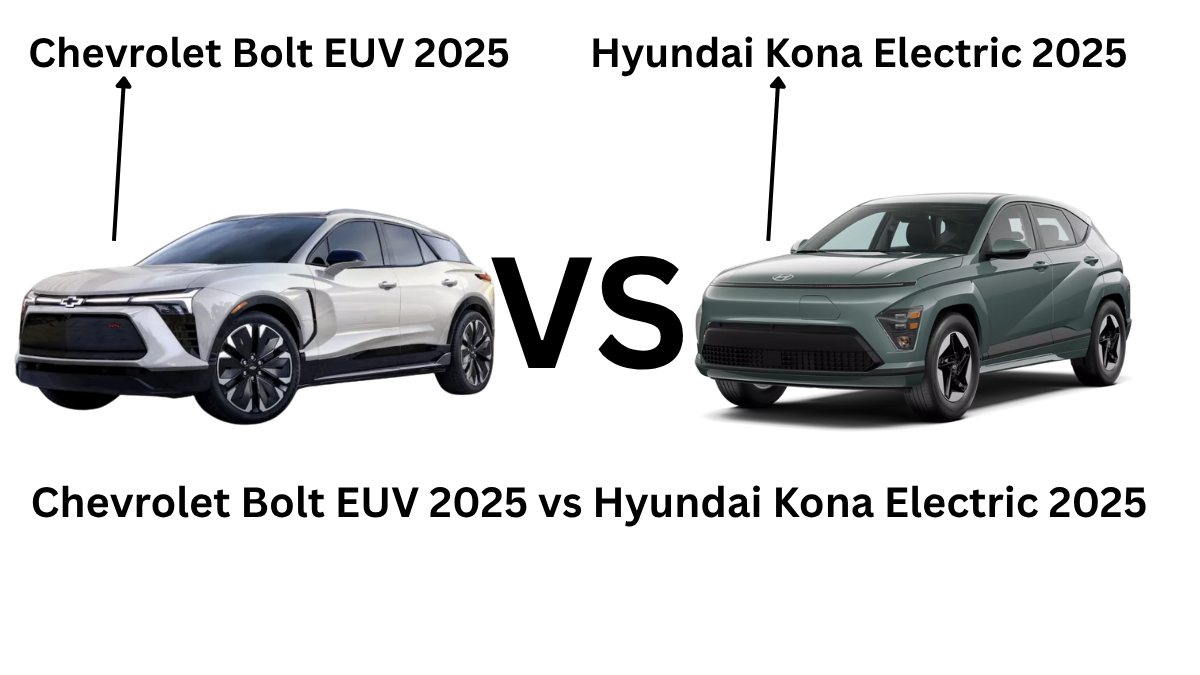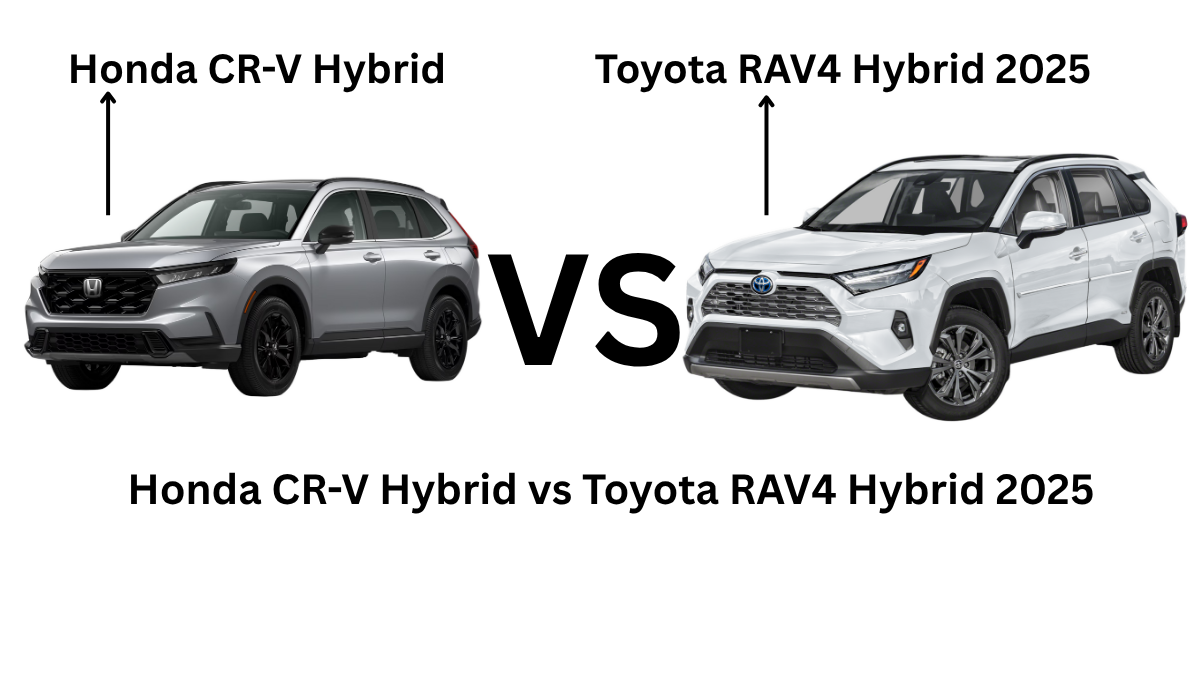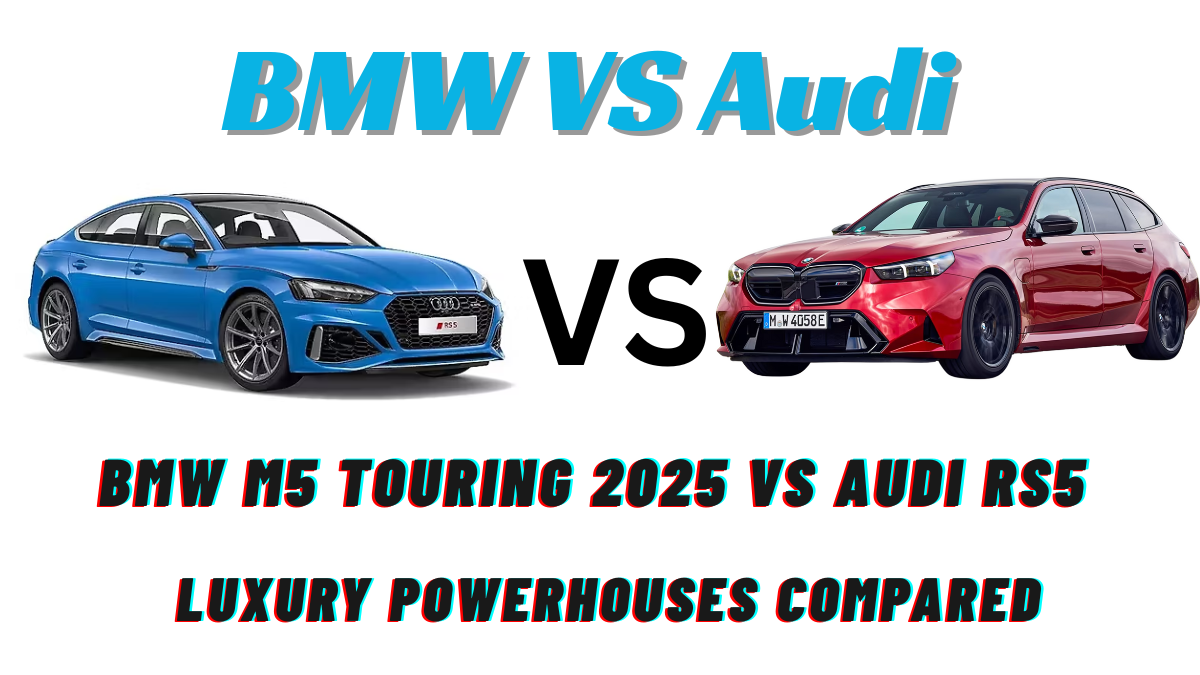
Introduction: Chevrolet Bolt EUV 2025 vs Hyundai Kona Electric 2025
With the electric vehicle (EV) landscape growing fiercer, two subcompact challengers have stepped onto the field for commuters searching for affordability without compromising performance: the 2025 Chevrolet Bolt EUV and the 2025 Hyundai Kona Electric. Both of these electric SUVs provide an attractive blend of range, amenities, technology, and daily-driving versatility—perfect for daily city commutes and weekend road trips alike.
But which EV provides the better value in 2025?
In our thorough comparison, we discuss everything from design, charging speed, and interior tech to real-world efficiency and total cost of ownership. Let’s find out which one of these value-packed EVs deserves a place in your garage.
1. Design and Styling
Chevrolet Bolt EUV 2025
The Bolt EUV retains its compact crossover profile but features understated styling updates for 2025. Smooth curves, an aggressive-looking grill-less face, and LED lighting with fresh design language are in the offing. It is still more utilitarian than upscale, but the new trim and new materials enhance the perceived quality.
Length: 169.5 inches
Wheels: 17-inch alloys
Standout Feature: Front light bar with lighting
Hyundai Kona Electric 2025
The Kona Electric receives a major redesign in 2025. It’s bolder, sleeker, and unmistakably more futuristic than the previous one. The new flush front face, full-width LED strip, and floating roofline give it more premium feel.
Length: 171.5 inches
Wheels: 17 or 18-inch options
Headliner Feature: Pixelated DRL signature lighting
Winner: Hyundai Kona Electric 2025 – Newer and premium looks.
2. Performance and Handling
Bolt EUV 2025
Horsepower: 200 hp
Torque: 266 lb-ft
0–60 mph: ~7.0 seconds
Drive Type: FWD
Surprisingly peppy for urban driving, but surprisingly disappointing for highway acceleration, as one would expect from a front-wheel drive (FWD) only vehicle.
Kona Electric 2025
Horsepower: 201 hp
Torque: 291 lb-ft
0–60 mph: ~6.4 seconds
Drive Type: FWD (AWD is available worldwide, but currently not in the U.S.)
The Kona is equipped with more torque and slightly faster 0–60 mph. It is more engaging when merging or overtaking.
Winner: Hyundai Kona Electric – Faster, torquier, and slightly more agile.
3. Battery Range and Charging
| Feature | Chevrolet Bolt EUV 2025 | Hyundai Kona Electric 2025 |
| Range (EPA Est.) | ~247 miles | ~260 miles |
| Battery Size | 65 kWh | 64.8 kWh |
| Max DC Fast Charging | 55 kW | 100 kW |
| 0–80% Charge Time | ~40 mins | ~43 mins (but faster peak) |
Range is comparable, but the Kona Electric supports much faster DC charging—a big win for long-distance driving or city center convenience.
Winner: Hyundai Kona Electric – Faster charging and slightly greater range.
4. Interior and Comfort
Infotainment: 10.2″ touchscreen + 8″ digital gauge cluster
Seats: Comfy, with leatherette optional
Rear Legroom: 39.1 inches
Cargo Space: 16.3 cu.ft (seats up), 56.9 cu.ft (folded)
Kona Electric 2025
Infotainment: 12.3″ curved display
Seats: Premium materials with ventilated front seats optional
Rear Legroom: 38.2 inches
Cargo Space: 25.5 cu.ft (seats up), 63.7 cu.ft (folded)
Winner: Hyundai Kona Electric – More spacious cargo and more premium in ambiance.
| Feature | Bolt EUV | Kona Electric |
| Driver Assist Suite | Chevy Safety Assist | Hyundai SmartSense |
| Adaptive Cruise Control | Optional | Standard on upper trims |
| Lane Centering + Assist | Available | Standard |
| Wireless Apple CarPlay/Android | Standard | Standard |
They each are loaded with technology, but the Kona has more standard features, especially on higher trims, like semi-autonomous lane change assist.
Winner: Hyundai Kona Electric
6. Pricing and Incentives- Chevrolet Bolt EUV 2025 vs Hyundai Kona Electric 2025
Bolt EUV 2025: Starting at around $27,800 (before incentives)
Kona Electric 2025: Starting at around $32,000 (before incentives)
While the Bolt is cheaper, it will not qualify for federal tax credits on final points of assembly, pending changes in qualification. The Kona, on the other hand, may be able to qualify for up to $7,500 in incentives under the IRA.
Winner: Bolt EUV for cost, Kona for incentives
7. Ownership Cost and Warranty – Chevrolet Bolt EUV 2025 vs Hyundai Kona Electric 2025
| Item | Bolt EUV | Kona Electric |
| Battery Warranty | 8 yrs / 100,000 mi | 10 yrs / 100,000 mi |
| Scheduled Maint. | 1 free service | 3 years included |
| Resale Value | Lower historically | Better retained value |
Winner: Kona Electric – Better warranty and higher resale potential.
Verdict: Which Budget EV Is Right for You?
Choose the Chevrolet Bolt EUV 2025 if:
You want the most affordable entry point into EV ownership.
You prioritize legroom for rear passengers.
You don’t mind slower charging and fewer premium features.
Choose the Hyundai Kona Electric 2025 if:
You want faster charging and better range.
You value interior quality, tech, and cargo space.
You desire stronger warranty coverage and incentives.
Winner Overall: Hyundai Kona Electric 2025 – A more comprehensive all-around value, especially for keepers who keep vehicles long-term.
1. Which has the better range: Bolt EUV or Kona Electric?
The Hyundai Kona Electric 2025 has a slightly greater range at about 260 miles compared to the 247 miles of the Bolt EUV. While both are suitable for regular use, the Kona gives you a little extra wiggle room between charges.
2. Is the Chevy Bolt EUV slower to charge than the Kona?
Yes. The Bolt EUV accommodates 55 kW maximum DC fast charging, which is lower than the Kona Electric’s 100 kW. That implies the Kona charges up to add more miles on road trips more quickly.
3. Is the Bolt EUV still a good purchase despite slower charging?
Yes. Its low base price (~$27,800) places it among the cheapest EVs available. If you charge at home mostly, charging speed is not crucial.
4. Which one has a more premium interior?
The Kona Electric. The 2025 redesign enhances it with a contemporary, high-quality interior featuring more technology, soft-touch surfaces, and improved seat options.
5. Do either of these vehicles qualify for tax incentives?
It varies. Based on mid-2025 data, the Hyundai Kona Electric is more likely to be eligible for $7,500 federal tax credit, whereas the Bolt EUV’s eligibility is in doubt as a result of where the assembly and battery sourcing occur.
6. Which vehicle has greater cargo capacity?
The Kona retakes the victory with 25.5 cu.ft of cargo space behind the second row (compared to Bolt’s 16.3 cu.ft). Fold both seats down, and the Kona offers nearly 7 cu.ft more.
7. Are the two vehicles simple to maintain?
Yes. EVs have less to move and require less maintenance than their gasoline-powered brethren. Chevy and Hyundai both offer strong EV-specific warranties and low operating costs.
- Chevrolet Bolt EUV 2025 vs Hyundai Kona Electric 2025: Best Budget EV for Everyday Driving?
- Honda CR-V Hybrid vs Toyota RAV4 Hybrid 2025: The Battle of the Hybrid SUVs
- BMW M5 Touring 2025 vs Audi RS5 Sportback: Luxury Powerhouses Compared
- Ford F-150 Lightning vs Chevrolet Colorado ZR2 2025: The Electric vs Rugged Pickup Showdown
- Toyota Camry 2025 vs Honda Accord 2025: Which Sedan Dominates in Comfort and Tech?
-
Chevrolet Bolt EUV 2025 vs Hyundai Kona Electric 2025: Best Budget EV for Everyday Driving?
Introduction: Chevrolet Bolt EUV 2025 vs Hyundai Kona Electric 2025…
-
Honda CR-V Hybrid vs Toyota RAV4 Hybrid 2025: The Battle of the Hybrid SUVs
Introduction: Honda CR-V Hybrid vs Toyota RAV4 Hybrid 2025 The…
-
BMW M5 Touring 2025 vs Audi RS5 Sportback: Luxury Powerhouses Compared
Introduction: BMW M5 Touring 2025 vs Audi RS5 When it…





